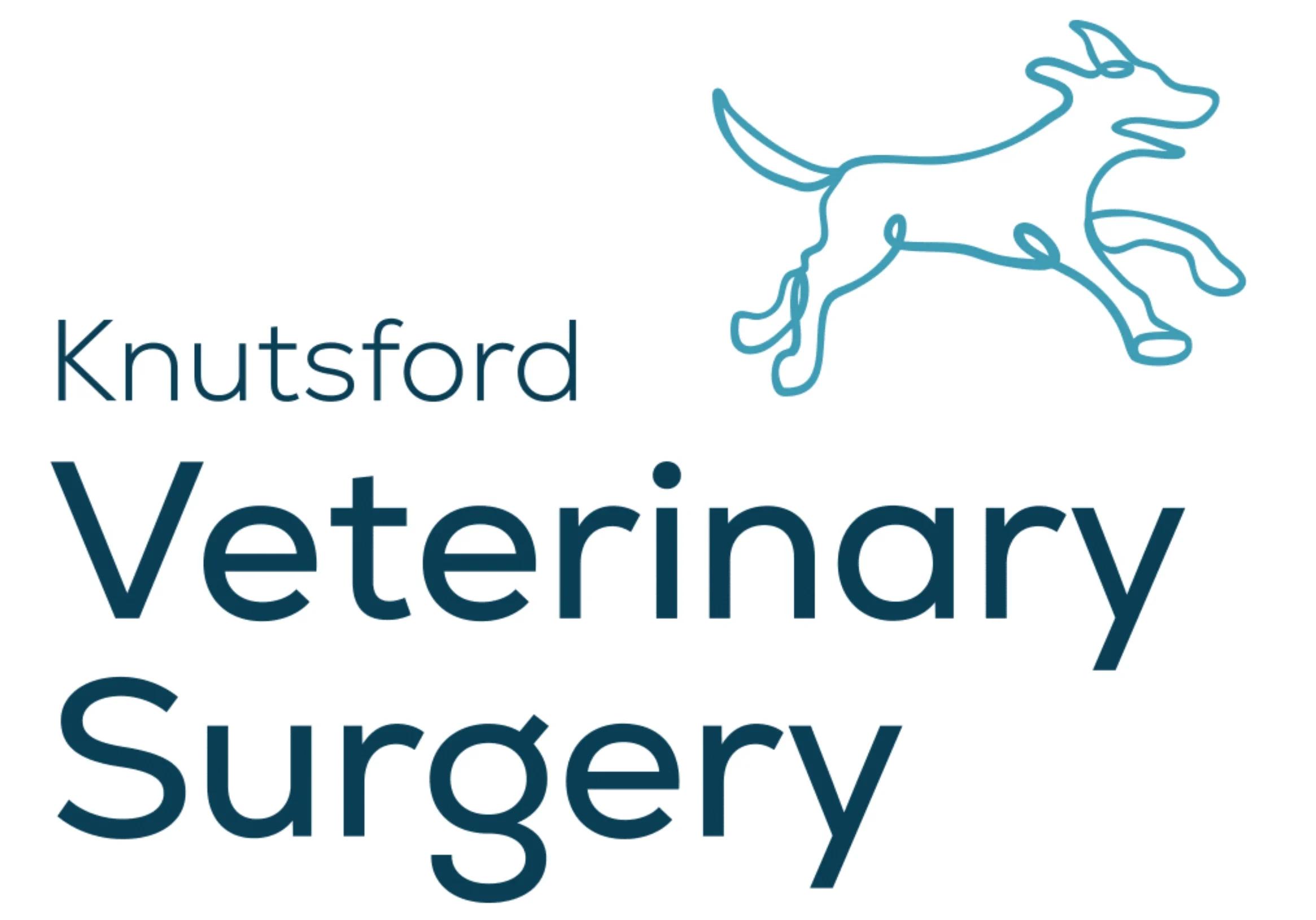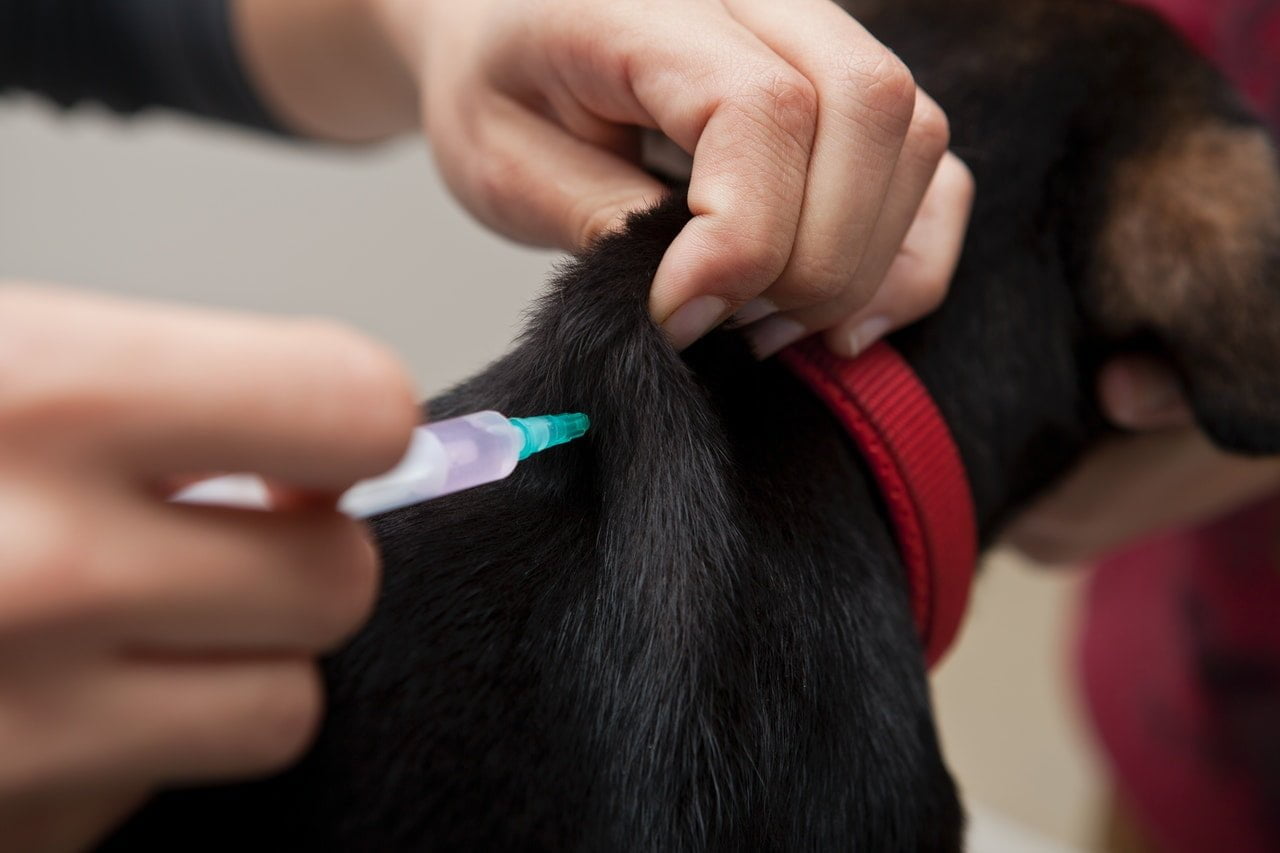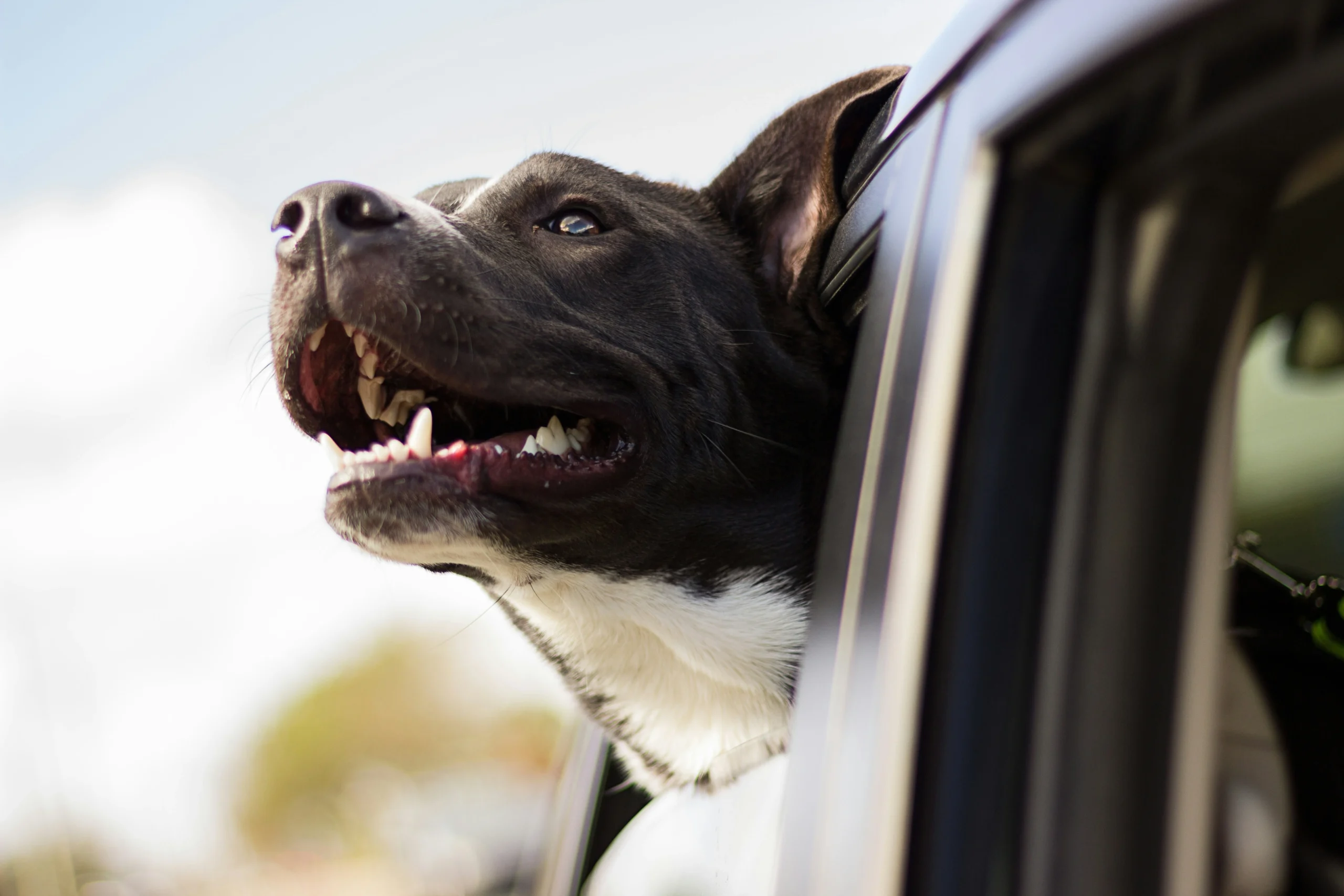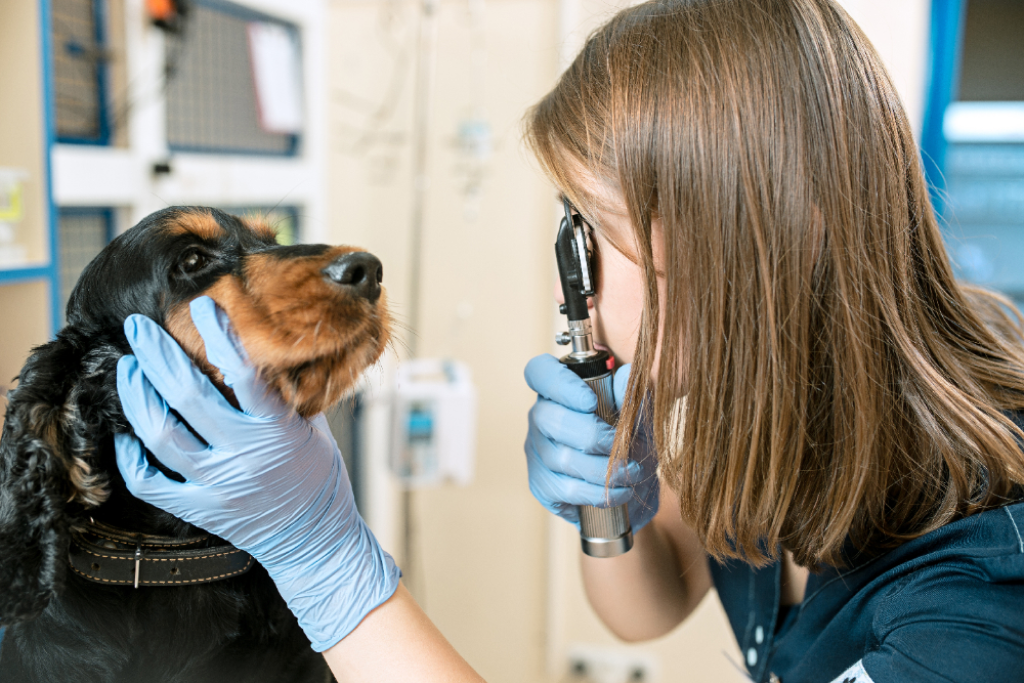Vaccinating Your Pet
To some, pet vaccinations are just another, accepted part of owning a pet. For others, it might seem like a chore. Some pet owners may even be strongly against vaccines. But, it’s important to consider the benefits of vaccinating your pets before making your final decision. In this article, we discuss the importance of pet vaccinations, its benefits, and some of the issues that may arise as a result of not vaccinating pets.
So, what are the benefits of vaccinating your pets?
Vaccinations protect your pets from a number of dangerous, sometimes highly contagious, diseases, by creating or boosting their immunity, and can prevent them from passing on diseases. This gives you peace of mind, and may prevent costly vet bills.
Read on to learn more about the benefits of vaccinating your pets.
What Happens If You Don’t Vaccinate Pets?
Choosing to not vaccinate your pet has a number of negative repercussions on both your pet’s health, and their ability to live a full life. Some of the most prevalent repercussions include:
Severe Health Repercussions:
If you don’t vaccinate your pets, they are at a much higher risk of developing a severe response to the diseases that the vaccines protect against. In most cases, these diseases can be fatal without vaccination. What’s more, if a pet does survive the disease, it is reasonable to expect them to have long-term health problems afterwards, ongoing pain, and distress.
Contagion:
Some diseases are incredibly contagious, as well as being highly dangerous if caught. Rabies is one such disease, as well as most of the diseases that the core vaccines protect against. Without the core vaccines, you put your pet at unnecessary risk, and are also risking the health of every pet that they come into contact with.
Restrictions to Travel:
It’s unlikely that you will be able to travel with your pet if they are not vaccinated; in most cases they will need to be vaccinated to travel abroad, and if you’re not taking them with you many catteries and boarding kennels will often not accept unvaccinated pets for fear of catching or transmitting the disease.
Stuck Indoors:
Without the recommended vaccines, pets are at risk of contracting diseases each and every time they go outside. PDSA recommends that it’s best to limit a pets’ environment to the home and (private) garden. They can begin to socialise with other animals, people, and things, but it is safest to do so in their own home until they are fully vaccinated.
If My Pet Stays Inside Do They Still Need Vaccinating?
Whether your pet is an indoor or outdoor pet, it is safest to vaccinate. Your vet will provide advice on which components are best given and how often. Even if your pet never steps outside, they are still at risk of germs and disease that are brought inside by humans and other animals. What’s more, there is a chance that they may escape, or sneak outside without your knowledge.
Whilst some pets can, feasibly, live indoors in relative safety, it is unhealthy for some pets to remain indoors permanently. For example, dogs need regular exercise which cannot, realistically, be provided indoors, and they need access to the outdoors for their general wellbeing.
Is My Pet Protected Because Other Pets are Vaccinated?
Your pet is not protected because other pets are vaccinated. It’s important that pet owners don’t become complacent about vaccines; this assumption that your pet is protected because others are contributes to the decline in vaccination rates which can lead to disease outbreaks.
In 2018, reported that 25% of dogs (an estimated 2.2 million) did not have their recommended vaccines when they were young. The most common reason that owners gave for not vaccinating their pets was “it’s not necessary”. This is not true. Vaccination protects against severe diseases that, even with modern medical advances, can be fatal.
What’s more, some diseases have less of a ‘herd immunity’, and can be picked up from the environment, rather than spread from pet to pet. Your pet doesn’t need to come into contact with a vaccinated or unvaccinated pet to contract some diseases.
Do I Need to Vaccinate My Pet to be Covered by Insurance?
There is no one-size-fits-all answer to this question, but in many cases, not vaccinating your pet could mean that your insurance policy is invalidated, or could cause you to not be able to take out insurance. Most pet insurers require pets to be vaccinated against distemper, hepatitis, leptospirosis and parvovirus for dogs and feline infectious enteritis, feline leukaemia and cat flu for cats.
What’s more, it’s important to be aware that many insurance companies do not cover the cost of vaccinations; you will have to pay for them yourself. On average, vaccinations cost between £40- £60.
At Knutsford Veterinary Surgery, we provide vaccination services for cats and dogs. With our dog and cat GoldPlan, you can save money on year-round pet healthcare. All core vaccinations are covered, alongside an annual health check, parasite prevention and treatment. Discounts are also available on dental hygiene and selected other services.
Are There Alternatives to Pet Vaccination?
VacciCheck is a simple blood test (serology) that can be performed at your veterinary surgery, which tells vets whether or not your dog is still protected against the three core viral diseases that are routinely vaccinated against; Distemper, Hepatitis and Parvovirus.
Note that this is not strictly an alternative to vaccines. A previous DHP vaccination is required. VacciCheck simply negates the need for regular boosters, by determining whether or not the previous DHP vaccine is still effective. If it is determined that your dog is not still protected, a booster would be required as normal to keep them safe.
Please note that VacciCheck is only available for dogs.
What Can I Get My Pet Vaccinated Against?
There are a number of diseases that you can protect your pet against with the relevant vaccination. Some of the most common diseases include:
Dogs:
- Parvovirus
- Leptospirosis
- Canine distemper
- Infection hepatitis (CAV)
- Parainfluenza
- Bordetella bronchiseptica
Cats:
- Cat flu (FHV & FCV)
- Feline infectious enteritis
- Feline leukemia virus (FeLV)
- Herpesvirus
Rabbits:
- Myxomatosis
- Rabbit Haemorrhagic Disease 1 (RHD-1)
- Rabbit Haemorrhagic Disease 2 (RHD-2)
Optional Vaccines:
- Rabies
- Kennel Cough
- Leishmania
Should My Pet Have All Available Vaccines?
It is recommended that pets receive all core vaccines, as these protect against widespread diseases. Your vet will be able to advise you on the necessity of non-core vaccines, as these will not be applicable to all pets, and may only concern specific regions.
What are the Core Vaccinations for Pets?
There are a few vaccinations for cats, dogs, and rabbits that are considered essential, as they protect against some of the most common, widespread diseases. These include:
Core Vaccinations for Dogs
Below you’ll find the core vaccinations for dogs, and how often booster vaccinations should be given.
- Parvovirus – This is a highly contagious disease that is potentially deadly. It causes severe vomiting and diarrhoea. Booster vaccines should be given every three years.
- Leptospirosis – This is a bacterial disease that damages vital organs, such as the liver and kidneys. Booster vaccinations should be given every year.
- Canine distemper – This is a very serious, and often fatal disease that affects multiple organs in the body. Booster vaccinations are given every three years.
- Infection hepatitis (CAV) – This disease attacks the liver, kidneys, eyes, and blood vessels, spread via bodily fluids. Booster vaccinations are usually given every three years
Core Vaccinations for Cats
The core vaccinations for cats can be found below:
- Cat flu (FHV & FCV) – Feline Herpesvirus and Calicivirus are two separate viruses that are commonly grouped together as “cat flu”. They are typically difficult to treat, therefore it’s important to stay on top of vaccinations.
- Feline infectious enteritis – This disease can cause a high fever, severe vomiting and diarrhoea. In young cats and kittens it can be fatal.
- Feline leukemia virus (FeLV) – This is considered a core vaccine sudden death within 2 days for outdoor cats in particular, and can cause anaemia, leukaemia, recurrent infections and lymphoma. There is no treatment for FeLV, therefore vaccination is vital.
Core Vaccinations for Rabbits
Vaccinating rabbits is particularly important, as some of the diseases that the core vaccines protect against have no cure or treatment, as will often be fatal. The core vaccines are:
- Myxomatosis – A disease that causes skin lesions, as well as swelling of the eyelids, mouth, and genital area. Rabbits will usually stop eating, and the disease will soon become rapidly fatal.
Rabbit Haemorrhagic Disease (RHD-1 & -2) – Also known as Calcivirus and Viral Haemorrhagic Disease, RHD-1 can cause sudden death within 2 days, and RHD-2 can be fatal in 1-2 weeks. There is no cure.
How Often Should Pets be Vaccinated?
Dogs
The initial DHP vaccine is first given at 6-8 weeks old, before a second dose at/after 10 weeks. Further dose is given one year later, and then every three years thereafter.
However, leptospirosis immunity wanes fairly quickly and booster vaccinations are required annually. Likewise, leishmania boosters are also required annually for those that are at risk (travelling to/through Southern Europe). Rabies vaccines are typically required every 1-3 years, but is dependent on the countries that you may be travelling to/though.
Cats
Kittens typically receive their first vaccinations at around 8-9 weeks old. This will involve a primary vaccination course of two injections, spaced 3-4 weeks apart. This course is also appropriate for older cats that have not yet been vaccinated, or hasn’t been vaccinated in the past year. After this initial course, cats should then have annual booster jabs to maintain their protection.
Rabbits
It’s incredibly important that rabbits are vaccinated, as two of the most common diseases in rabbits, myxomatosis and calicivirus, have no cure or treatment, and will likely be fatal.
Rabbits are given a single vaccination from five weeks old. Revaccination is annually.
Do Pets Need Travel Vaccinations, and are they Mandatory?
In order to travel with your pet to countries within the EU, an Animal Health Certificate (AHC) is required. To gain an AHC, your pet will need to have had their initial vaccinations, and be vaccinated against rabies. Bear in mind, however, that you would need to wait 21 days after vaccination before your pet can travel.
To travel outside of the EU, you will need to get an Export Health Certificate, and complete an Export Application Form if you live in England, Scotland or Wales. Rules differ from country to country, and the application form for each country will detail their individual requirements for travel vaccinations.
Pet Vaccination Clinic at Knutsford Vets
Knutsford Vets can provide vaccination services for cats and dogs, whether you’re looking to get their initial vaccinations, or their booster shots.
Vaccinations can be booked individually, or as part of our GoldPlan.
With our GoldPlan, you can save money on year-round pet healthcare. All core vaccinations are covered, alongside parasite prevention and treatment, dental hygiene discounts and discounts on other services.
Take a look online today, or get in touch with us for more information.





